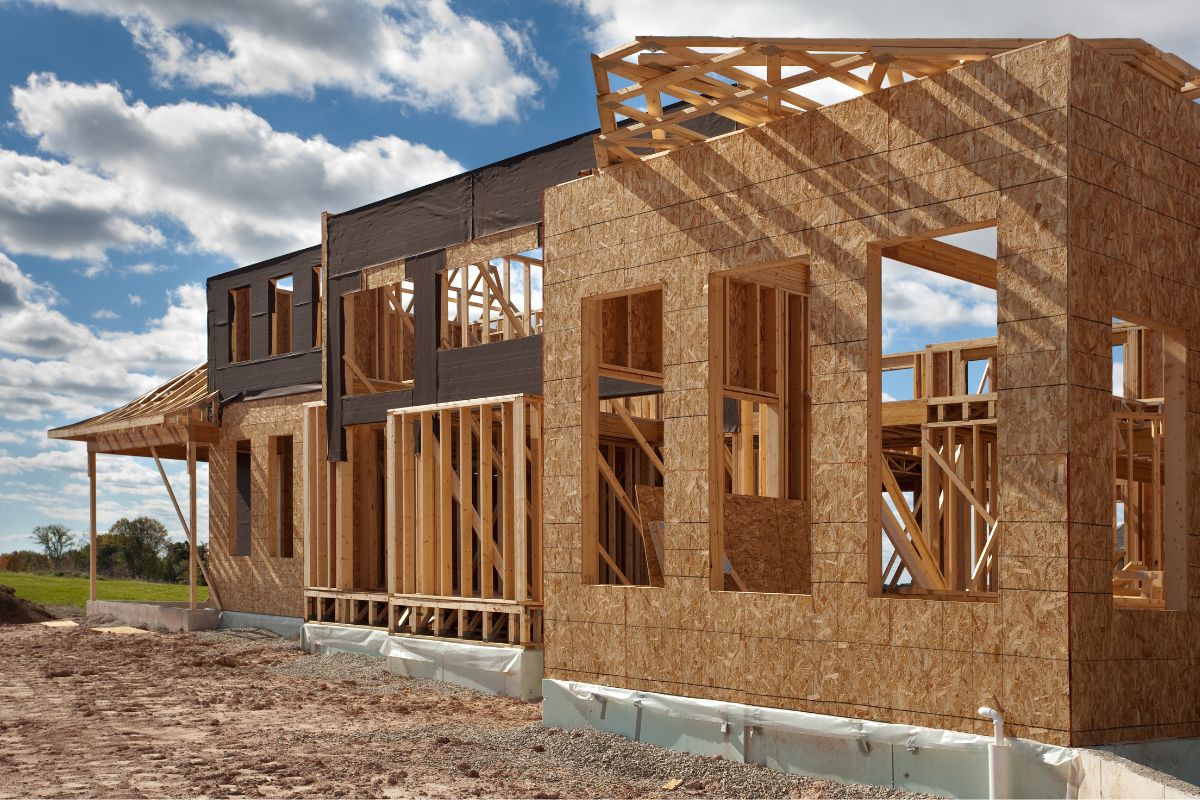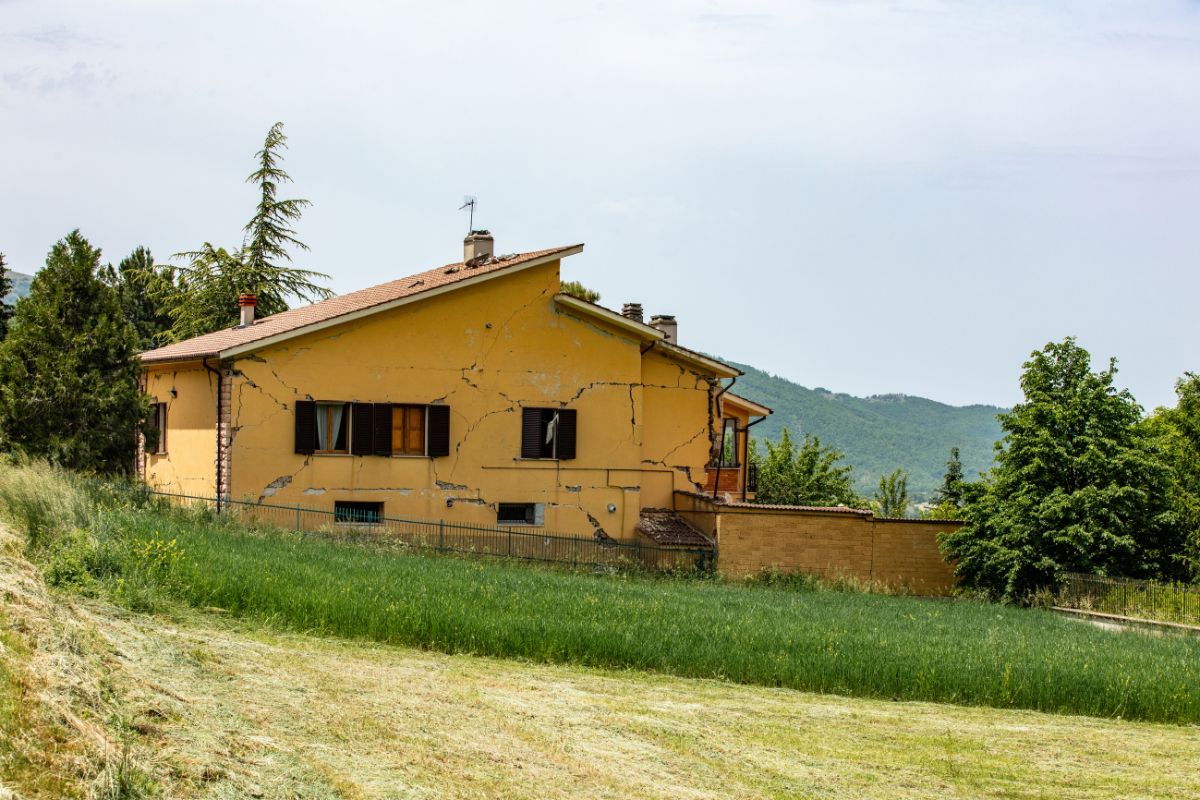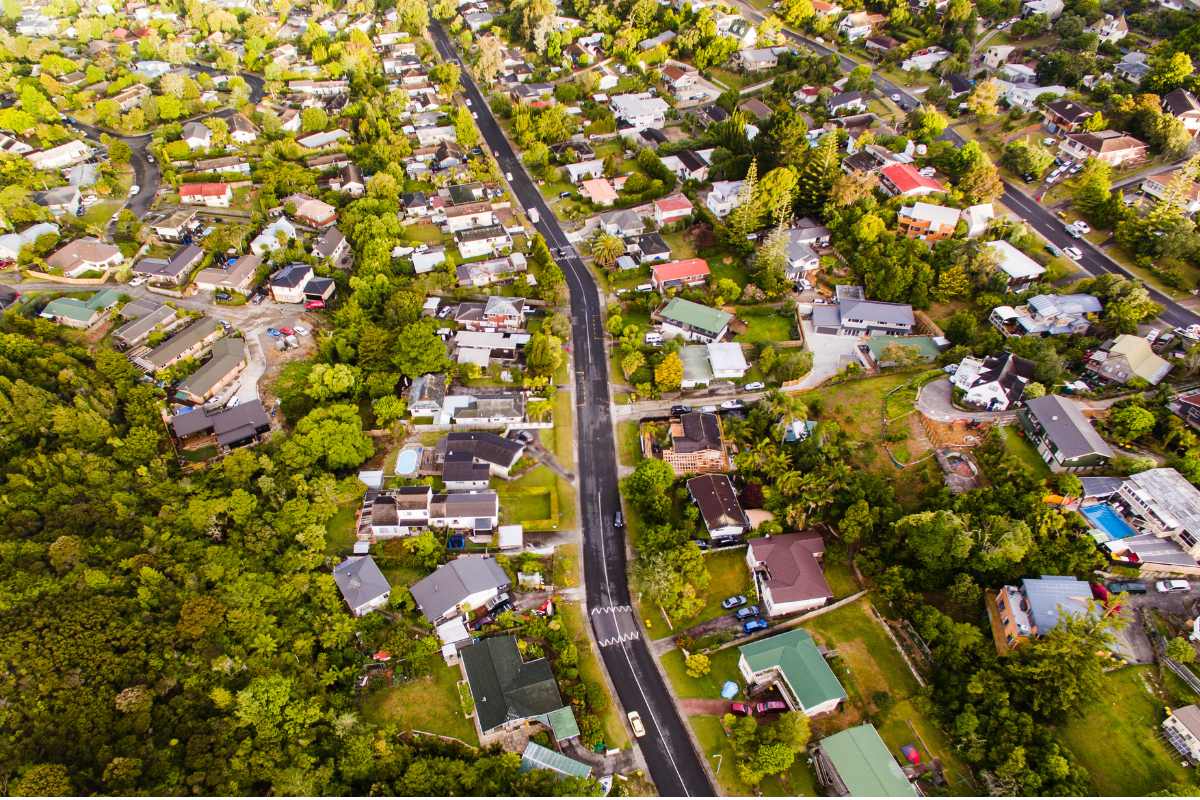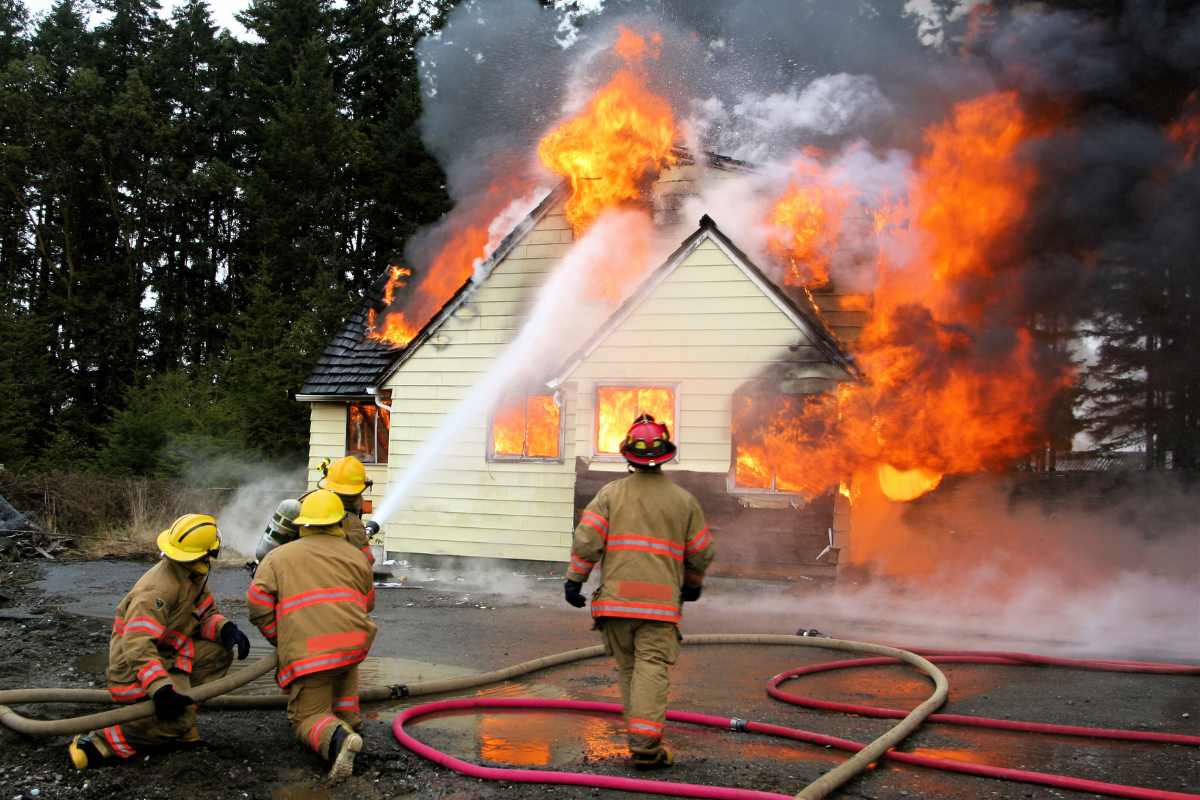Blueprints to Success: Navigating the Path to Structural and Civil Engineering in New Zealand
Do you have a student who wants to become a Structural engineer? Here are a few thoughts on how to guide them, what to expect, how to get a taste, and which universities to consider (in NZ and further afield)

Are you or your school-age children thinking about structural or civil engineering as a career and are not sure what to expect or how to proceed?
Many think engineers are nerds – heavy on maths and physics and short on extroversion. This could be the stereotypical picture we have of many scientists, but more to the point, these same attributes also mean they have expertise in problem-solving, critical thinking, and technical proficiency.
Most engineers would consider themselves designers – drawing on creativity tools as much as an artist or any other designer might. Civil and structural engineering involves designing structures and conducting analyses. However, there is currently a trend to employ engineers who are more outgoing, as engineering has become a people business.
How Long is an Engineering Degree in New Zealand?
The four-year Bachelor of Engineering degree is the standard qualification leading to work as a professional engineer.
BE (Hons) programmes in New Zealand are generally accredited by Engineering New Zealand, allowing graduates to work as professionally qualified engineers all over the world.
This degree is offered by all major universities in New Zealand: Auckland, Waikato, Wellington, Christchurch, and Dunedin.

You could think about your specific area of interest, and you may find that the knowledge around it is centred in one university more than another.
For example, base isolation/earthquakes, tsunamis, and landslide monitoring are centred in Wellington, high-rise buildings are in Auckland, and liquefaction is in Christchurch. You’d find great earthquake and tsunami focus in Japan, earthquakes also in Italy, tunnels in Europe, and high rises in Asia and the Middle East.
Think about this area of interest because it might help with some choices, but it’s not necessary to decide on a focus immediately. In the first year of a degree, the universities accept about 3 times more students than the number who go through intermediate years, where the work really starts. Therefore, during the first 2 years, you have a chance to gain information and check further as to what each area of interest could lead to.
Some uncommonly thought of focus areas for occupations in structural or civil engineering may include:
- Residential and commercial buildings
- High-rise structures
- Tunnels and mining
- Ports and seawater exposure
- Airport size and scale
- Bridges and (less commonly in NZ) flyovers and viaducts
- Silos and tanks
- Mines and quarries
- Nuclear fusion: not something we often think of in New Zealand but is likely to become a growth area across the world.
Some features of an engineering career that may be relevant to you:
- A difficult degree that definitely needs an interest in maths and science, but not to the exclusion of creativity, problem-solving, communication skills and team abilities.
- Long history of engineering in the modern and ancient world
- Pays well because of the degree of difficulty
- Accepted and respected around the world
- Requires both academic and practical skill
- Relies on teamwork
- Needs application and organisational skills from the individual
- Has annual requirements for professional development
- Carries personal liability, which must be insured against
- Liability endures for a long time – 10 years
- Peers play a large part in supporting an engineer’s career
- Many areas for growth and development – both personally and as an industry
- Engineers are essential for ensuring public safety across social and economic infrastructures
- Have an increasing role to play in technology and in sustainability
- Risk mitigation is a large part of an engineer’s focus
- Can work at commercial, industrial or residential level
- Can work for huge multinationals, a 1- or 2-person office or as a consultant
- No shortage of work is foreseen.

A structural engineer's typical day might include:
- Holding meetings with clients or other stakeholders to negotiate project details.
- Doing site inspections to evaluate and record a building project’s progress.
- Creating calculations, drawings, and specifications for a project or work with others in a team to do so.
- Working with clients, contractors, architects, and other specialists to find solutions.
- Managing work during construction, keeping track of progress and resolving any issues.
- Knowing local and national regulations and how/when to apply them.
- Keeping records and file documentation (including photos, contracts, meeting minutes, instructions, and various stages of a project) so they can be found and referred to later.
- Recording your decisions and movements for billing purposes
- Possibly managing staff and mentoring younger engineers.
- Client interactions, including invoicing. Keeping people happy.
- Knowledge of materials and how they relate to council and Building Act requirements.
- Considering the security of people as related to structures and groundworks and their integrity into the future.
- Coming up with smart and affordable alternative solutions for your clients.
In summary, engineering is a highly skilled vocation that needs smart people with good communication and teamwork skills.
It’s a career with very good infrastructure in the way of professional bodies and networking possibilities via peer groups. Young engineers are very well supported as they transition from graduates to more skilled professionals, with mentorships and many peer groups, regular conferences, opportunities across the world, and many choices.
Many New Zealand engineering companies, including Proconsult, will take on a young engineer for work experience. You can email us from our website to apply for this, or just ask for some time to discuss the career path with one of our intermediate or senior engineers.

Author: Stewart Hobbs - Principal Engineer at ProConsult
Stewart is the journal editor for SESOC (Structural Engineering Society New Zealand (Inc.)








